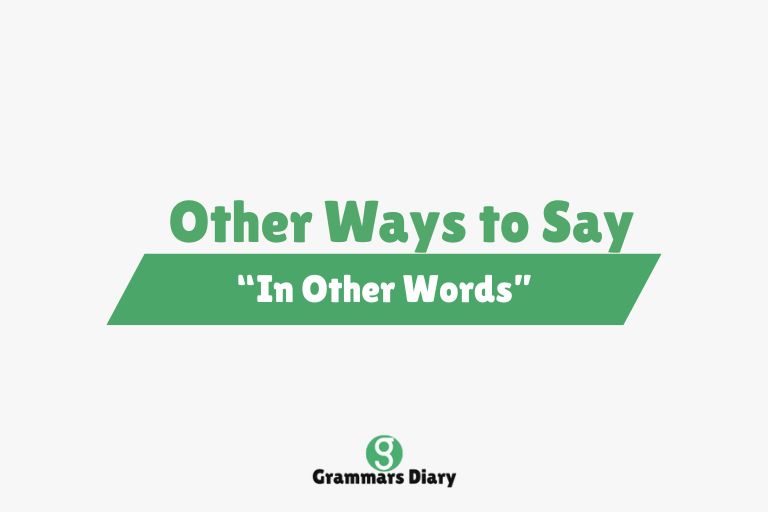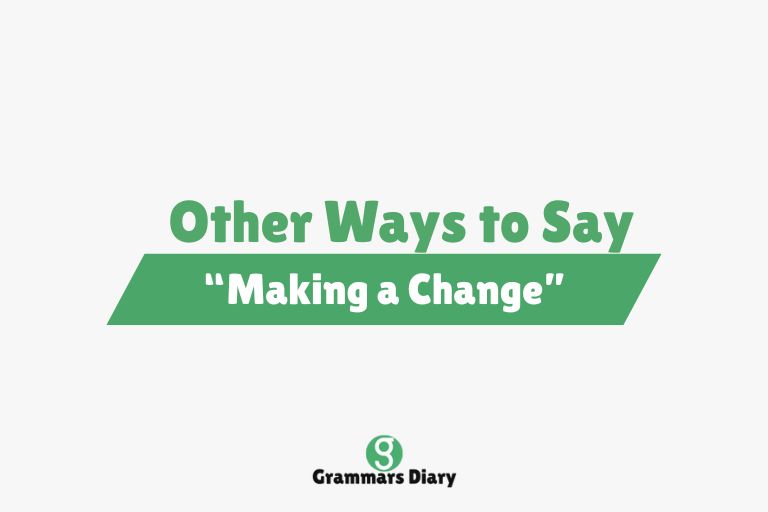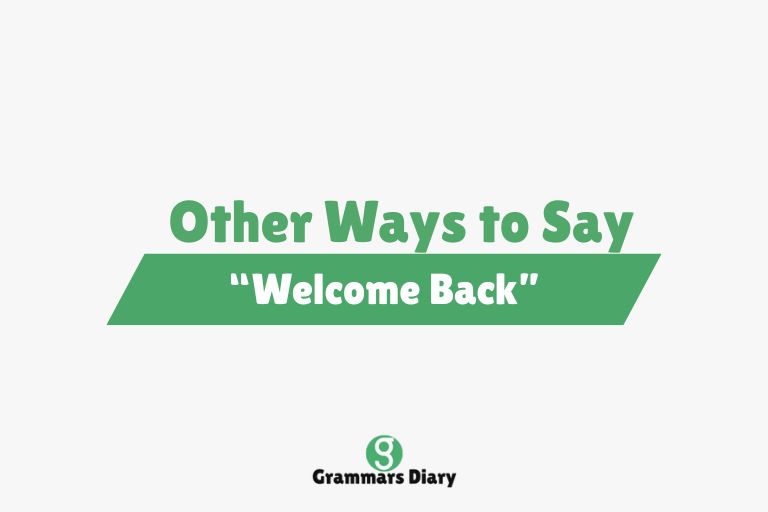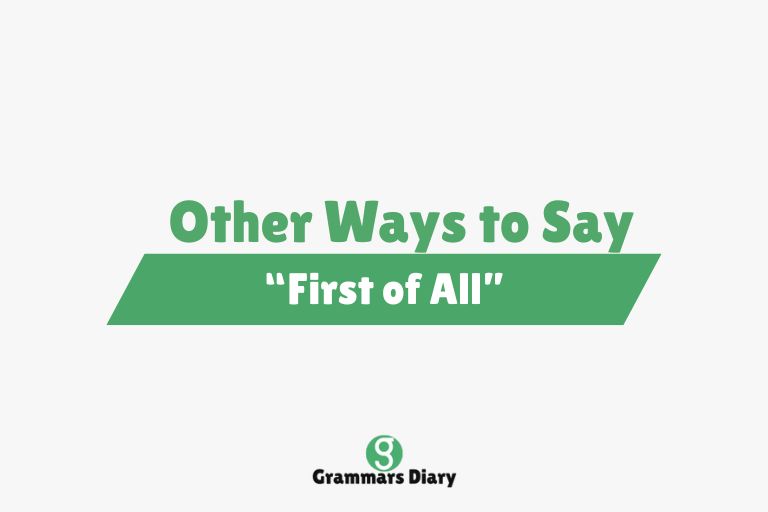27 Other Ways to Say “Long Period of Time”
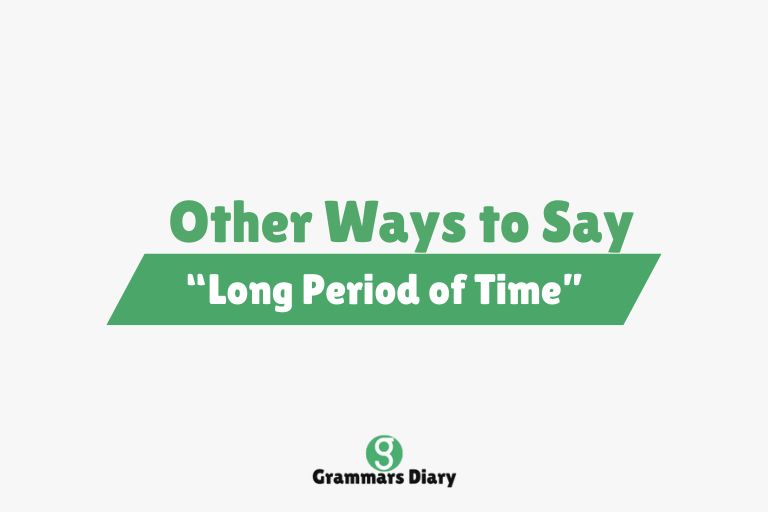
“Long period of time” is a commonly used phrase to refer to an extended duration, whether in terms of months, years, or even centuries, and while it is functional and understandable, the repetition of this exact phrase in writing or speech can often come across as dull, vague, or overly simplistic.
Thankfully, the English language provides a variety of vivid and nuanced alternatives to help us describe lengthier durations with greater precision, emotional depth, or even poetic flair—depending on the tone and context of our message.
In this article, we will explore 27 thoughtful and expressive alternatives to the phrase “long period of time,” and examine the subtle differences in tone, register, and application that make each one uniquely suited to a particular context—whether it’s historical writing, casual storytelling, or professional communication.
Other Ways to Say “Long Period of Time”
1. Extended Duration
Example: “The project remained on hold for an extended duration due to unforeseen legal complications.”
Meaning: This formal phrase suggests a sustained or ongoing length of time without specifying exact dates, and is ideal when highlighting continuity.
Usage: Common in official documents, academic papers, or reports when clarity and formality are preferred.
2. Lengthy Span
Example: “Over a lengthy span of several decades, the tradition slowly faded from cultural memory.”
Meaning: Emphasizes both the duration and continuity, often with a narrative or historical tone.
Usage: Suitable in essays, historical accounts, and formal storytelling.
3. Considerable Timeframe
Example: “It took a considerable timeframe to compile and analyze all the survey data accurately.”
Meaning: This alternative conveys a sense of effort and passage of time, often tied to a challenging process or task.
Usage: Effective in technical writing, academic contexts, or reports where measurable effort is being described.
4. Prolonged Period
Example: “He experienced a prolonged period of unemployment after the recession hit.”
Meaning: Suggests not only length, but often a sense of hardship or unwanted delay.
Usage: Especially useful when describing negative or difficult periods in both personal and professional narratives.
5. Long Stretch
Example: “During that long stretch without rain, the crops began to fail across the region.”
Meaning: A slightly informal and visual phrase that evokes the imagery of continuous time.
Usage: Works well in storytelling or journalism where an accessible, natural tone is needed.
6. Lengthy Interval
Example: “There was a lengthy interval between the publication of the first and second editions.”
Meaning: Refers to the gap or pause between two defined events.
Usage: Excellent for academic or formal writing, especially in timelines or structured analyses.
7. Enduring Timespan
Example: “The artifacts remained buried for an enduring timespan before finally being unearthed by archaeologists.”
Meaning: Highlights both the length and resilience or preservation through time.
Usage: Useful in scientific, historical, or reflective writing.
8. Vast Period
Example: “A vast period of change swept through the continent during the Industrial Revolution.”
Meaning: Emphasizes the large scope and duration of time in dramatic or historical contexts.
Usage: Often used in history, politics, or literature to underscore significant transformation.
9. Distant Past
Example: “The story originates from the distant past, passed down through generations.”
Meaning: A poetic and evocative way to describe time far removed from the present.
Usage: Common in literary or cultural discussions, especially when evoking nostalgia or legacy.
10. Over the Years
Example: “Over the years, she became a well-known advocate for animal welfare.”
Meaning: Suggests a gradual evolution or accumulation over a significant time span.
Usage: Informal but widely accepted in essays, profiles, and personal reflections.
11. For Ages
Example: “It felt like we had been waiting for ages before our names were finally called.”
Meaning: Colloquial and dramatic, often exaggerating the sense of waiting or anticipation.
Usage: Common in casual speech, anecdotes, or character dialogue.
12. For an Eternity
Example: “The silence hung in the room for what felt like an eternity.”
Meaning: A hyperbolic or emotional expression that amplifies the sense of time dragging on.
Usage: Best suited for expressive, emotional writing or fictional narratives.
13. Time Immemorial
Example: “These customs have existed since time immemorial.”
Meaning: Refers to a time so far back that its origins are forgotten or unknown.
Usage: Poetic, formal, and historical—ideal for mythology, tradition, or cultural heritage discussions.
14. Generations
Example: “The land has been in their family for generations.”
Meaning: Denotes time passing across multiple lifespans, highlighting legacy and continuity.
Usage: Especially powerful in discussions about heritage, inheritance, or long-term societal shifts.
15. Decades
Example: “It took decades for the city to fully recover from the devastation.”
Meaning: Refers specifically to periods of ten years or more, highlighting substantial time passing.
Usage: Perfect for historical writing, case studies, or contexts where time is measured in decades.
16. Centuries
Example: “These ancient texts have survived for centuries despite war and weather.”
Meaning: Emphasizes longevity on a grand scale, typically 100 years or more.
Usage: Common in historical, archaeological, and cultural writing.
17. Eons
Example: “The canyon was carved out over eons of geological activity.”
Meaning: A poetic and scientific term referring to vast spans of geological or cosmic time.
Usage: Suitable for scientific or literary writing that emphasizes enormity.
18. Endless Time
Example: “They wandered the ruins as if they had all the endless time in the world.”
Meaning: Suggests a limitless or undefined span of time, often emotionally or romantically described.
Usage: Poetic and evocative, perfect for fiction or reflective prose.
19. Lifetime
Example: “She spent a lifetime collecting stories from villagers around the world.”
Meaning: The full span of one person’s life, used to show depth of experience or devotion.
Usage: Useful in memoirs, biographies, or expressions of commitment.
20. Long Haul
Example: “They knew running a small business would be a long haul.”
Meaning: A metaphorical expression indicating a demanding or extended process.
Usage: Informal and commonly used in discussions of effort, endurance, or planning.
21. Protracted Period
Example: “Negotiations dragged on over a protracted period, exhausting all parties involved.”
Meaning: Implies an unusually or unnecessarily long extension of time.
Usage: Well-suited to formal or analytical writing, especially in law, business, or politics.
22. Drawn-out Timeframe
Example: “The legal battle unfolded over a drawn-out timeframe.”
Meaning: Similar to “protracted,” this phrase stresses slow progress or frustrating delays.
Usage: Good for professional or journalistic contexts that highlight sluggish pacing.
23. Prolonged Duration
Example: “Exposure to loud noise over a prolonged duration can lead to hearing loss.”
Meaning: Technical phrase focusing on measurable, extended exposure.
Usage: Common in medical, scientific, or instructional writing.
24. Sustained Period
Example: “There was a sustained period of low rainfall across the region.”
Meaning: Highlights continuity and consistency over time.
Usage: Excellent in research, reports, or commentary where patterns matter.
25. Passage of Time
Example: “The building’s worn stones told the story of the passage of time.”
Meaning: Evokes a poetic, almost physical sense of time flowing by.
Usage: Frequently used in narrative, poetic, or reflective writing.
26. Over Time
Example: “Over time, their friendship evolved into something deeper.”
Meaning: A casual and fluid way to show progression or development.
Usage: Useful in both informal conversation and formal composition, depending on tone.
27. In the Long Run
Example: “It may be hard now, but in the long run, this investment will pay off.”
Meaning: Indicates effects or results that become clear after an extended timeframe.
Usage: Ideal for advice, analysis, and forward-looking commentary.
When to Use Different “Long Period of Time” Alternatives
In Storytelling or Narrative Writing
When painting emotional or historical narratives, it helps to use evocative phrases like “generations,” “distant past,” or “for an eternity,” as they carry a poetic quality that makes the story feel more immersive and timeless.
In Professional or Academic Settings
Terms like “prolonged duration,” “extended timeframe,” or “sustained period” deliver clarity, authority, and specificity in formal writing, reports, or presentations, especially when describing research or long-term projects.
In Emotional or Reflective Conversations
For personal writing or thoughtful dialogue, softer alternatives like “lifetime,” “passage of time,” or “over the years” bring a sense of introspection and connection, giving your language warmth and depth.
Conclusion
While “long period of time” is a functional and widely understood phrase, its repeated use can dull your writing and reduce the emotional or intellectual impact of your message. By expanding your vocabulary and choosing more specific or colorful alternatives—whether you want to sound formal, poetic, technical, or casual—you give your communication more life, precision, and personality.
Next time you find yourself writing or speaking about time, try reaching for a phrase like “generations,” “protracted period,” or “endless time”—because not all spans of time feel the same, and your language shouldn’t either.
FAQs
What is a better way to say “long period of time”?
There are many depending on context—“extended duration,” “generations,” “prolonged period,” or “for ages” are great options to vary tone and precision.
Is “long period of time” formal?
It is neutral and appropriate for many contexts, but phrases like “sustained period” or “protracted timeframe” are more formal.
Can I use these alternatives in essays?
Yes, many of these options are ideal for academic or professional writing, especially when you want to convey specificity or avoid repetition.
Are some options better for storytelling?
Definitely—phrases like “distant past,” “for an eternity,” or “over the years” help create mood and emotional texture in narratives.

